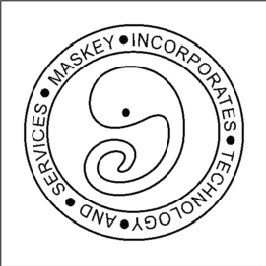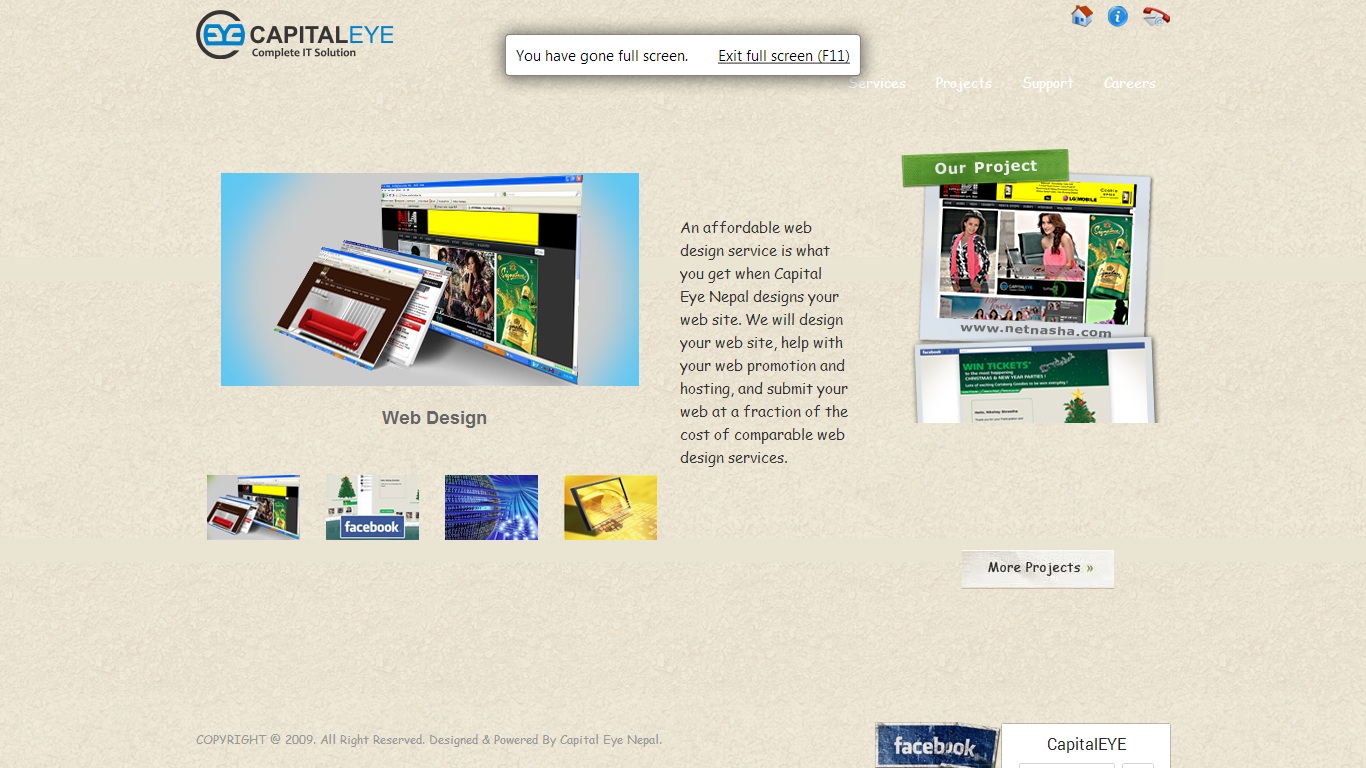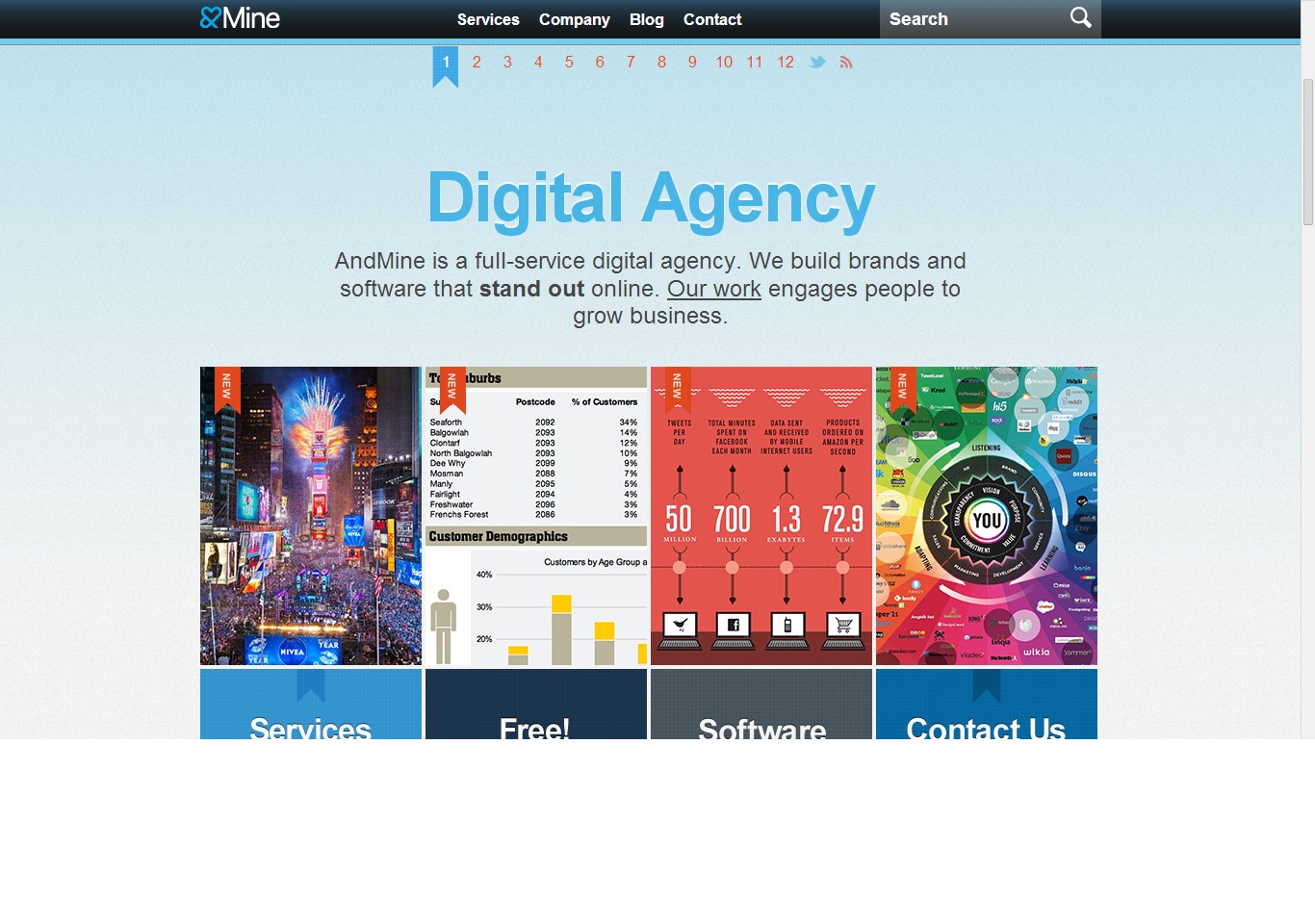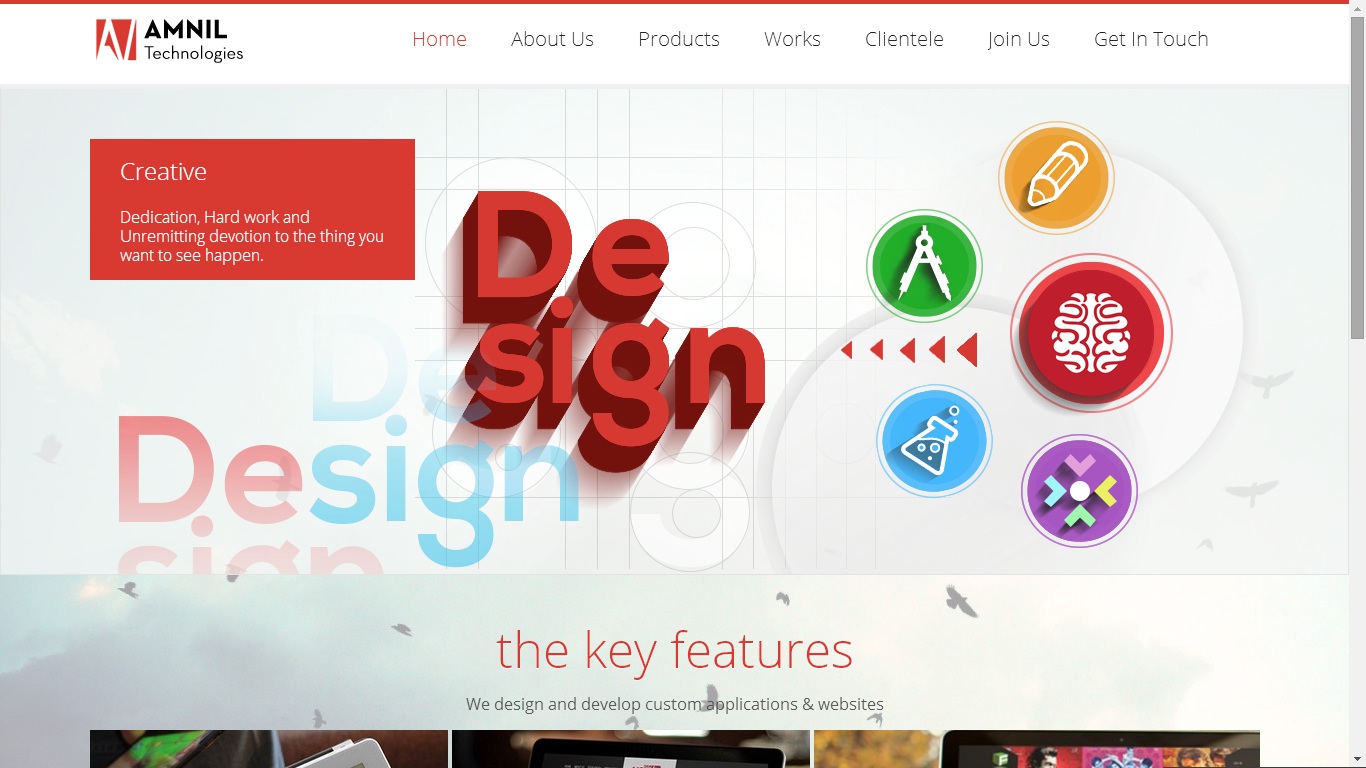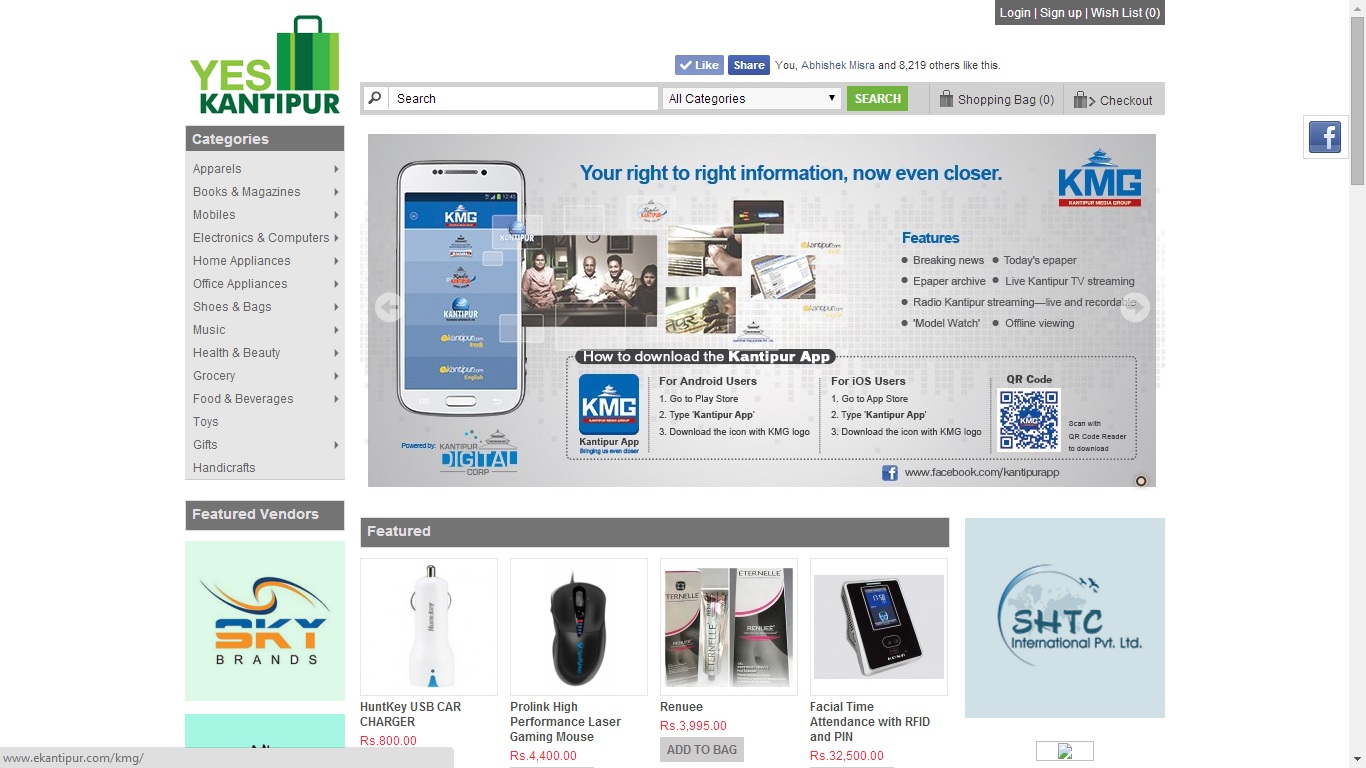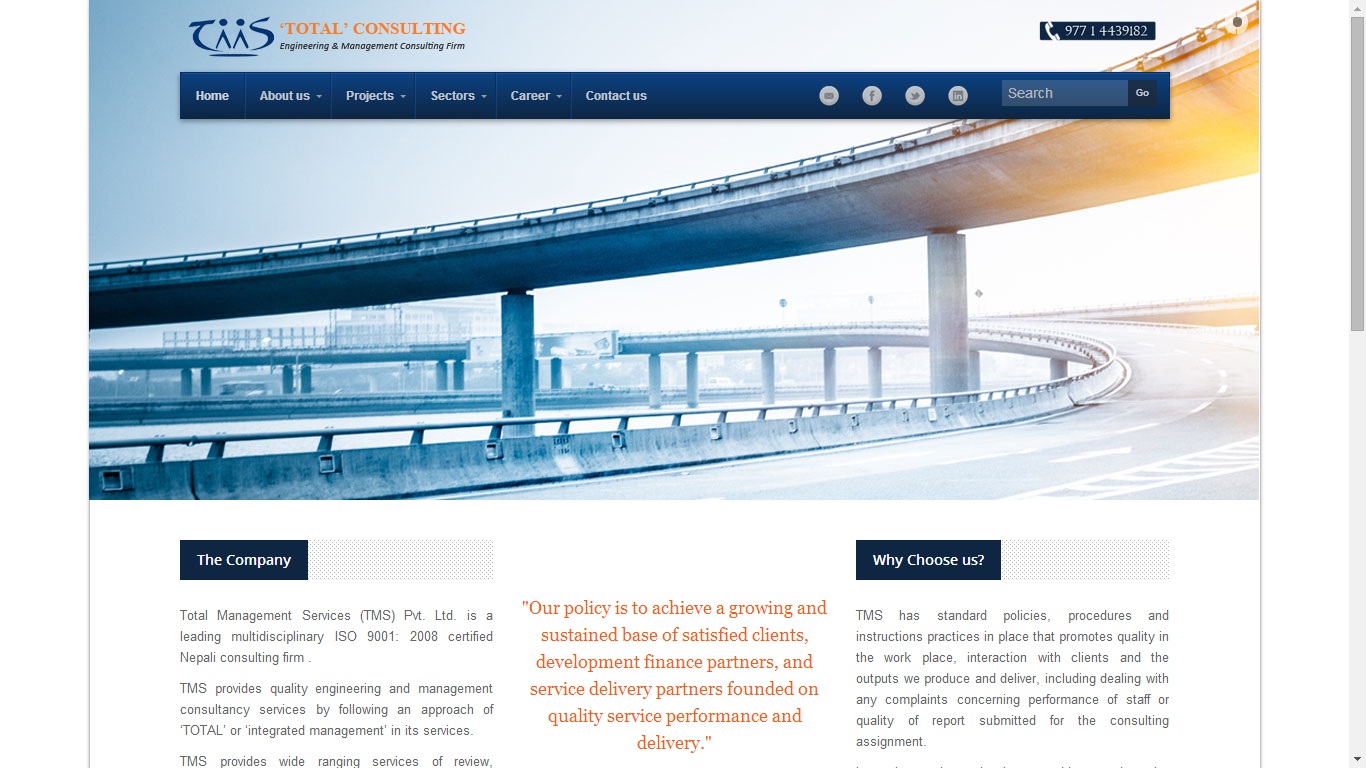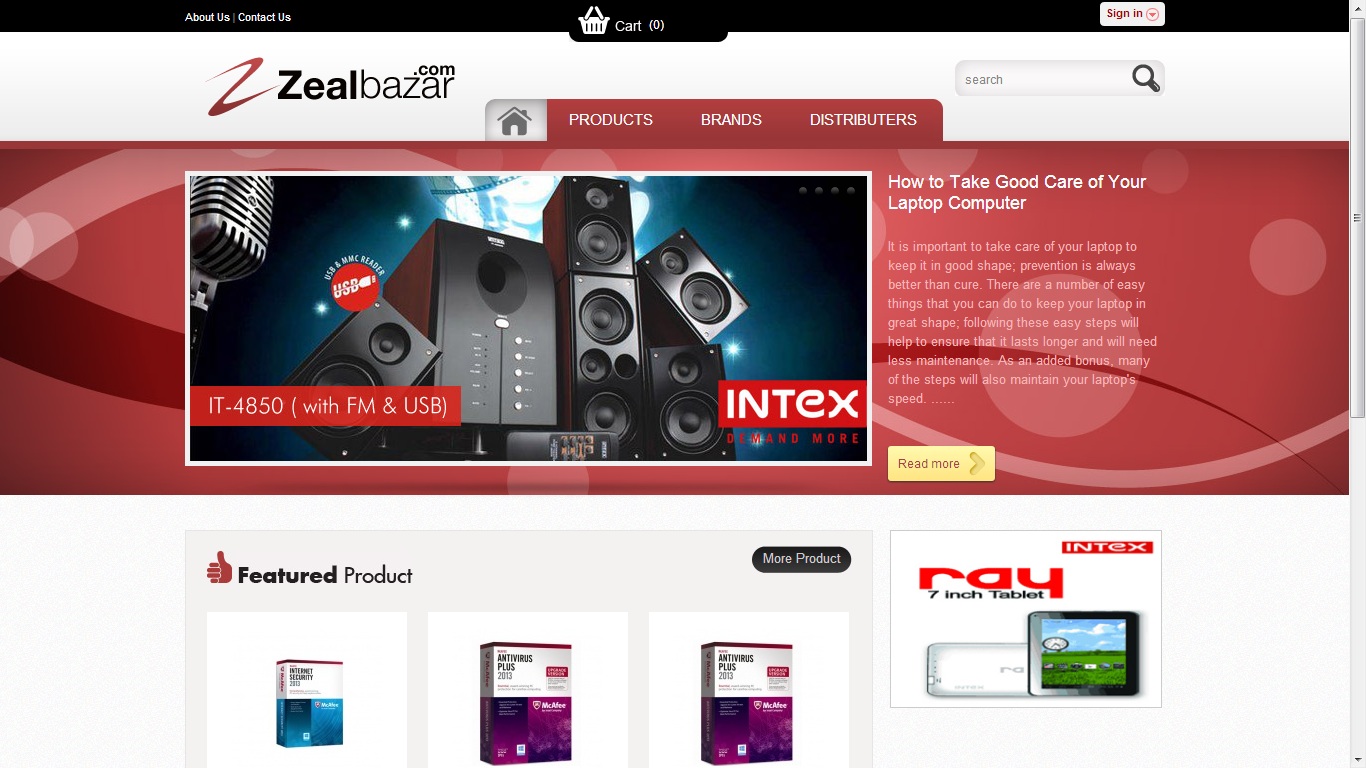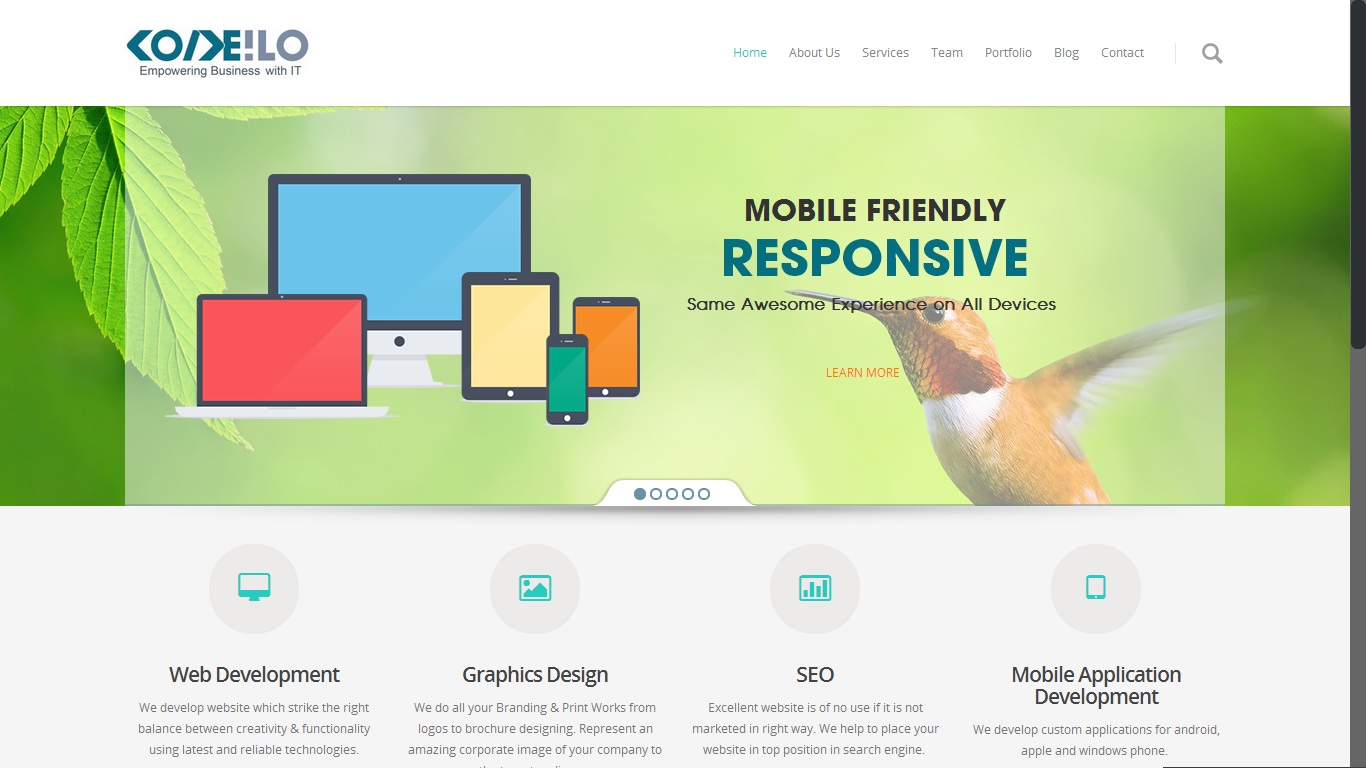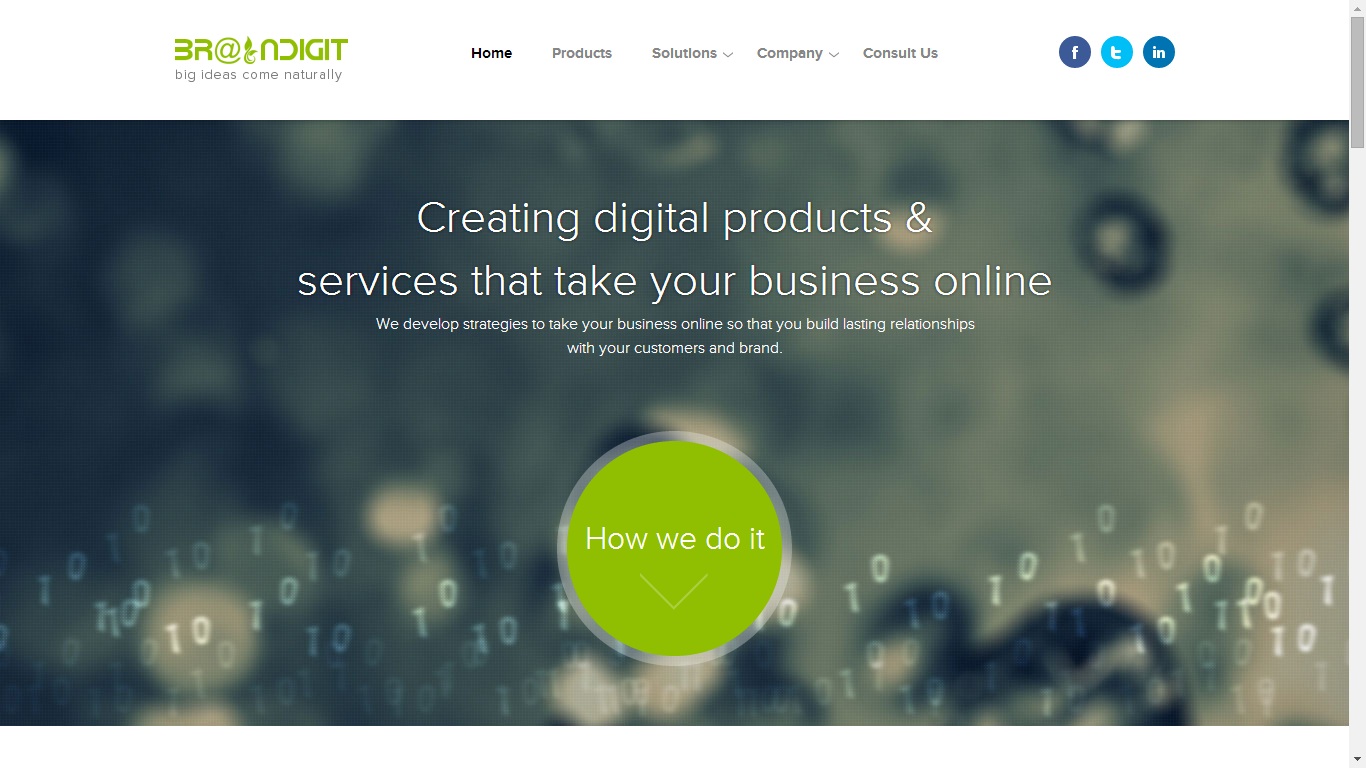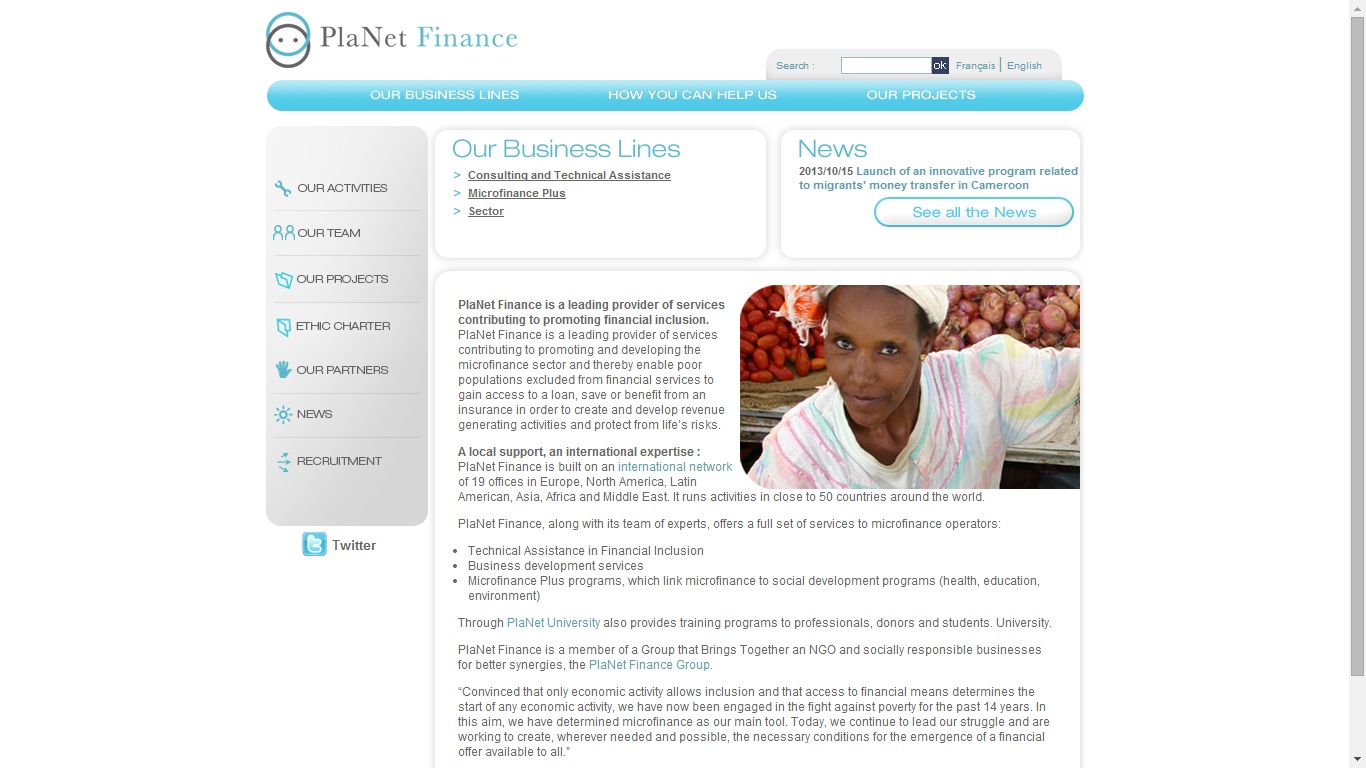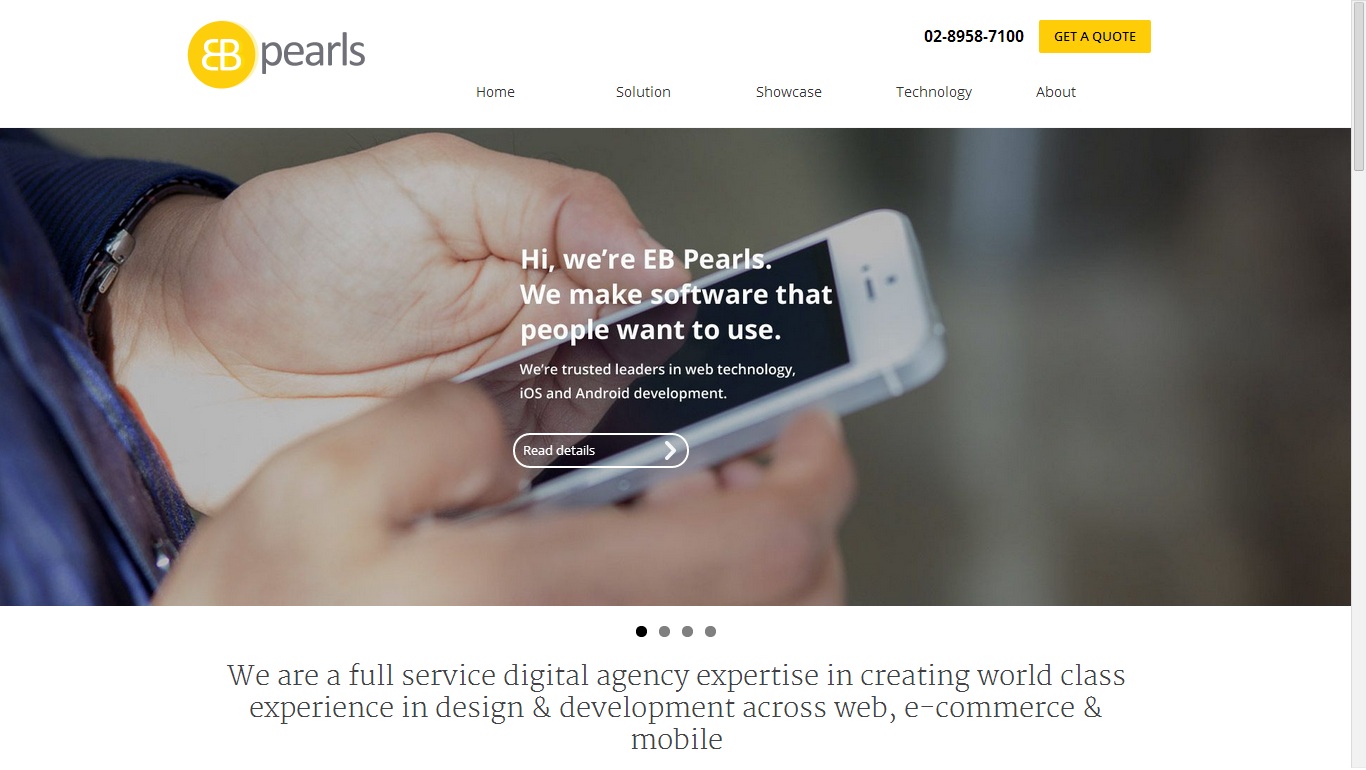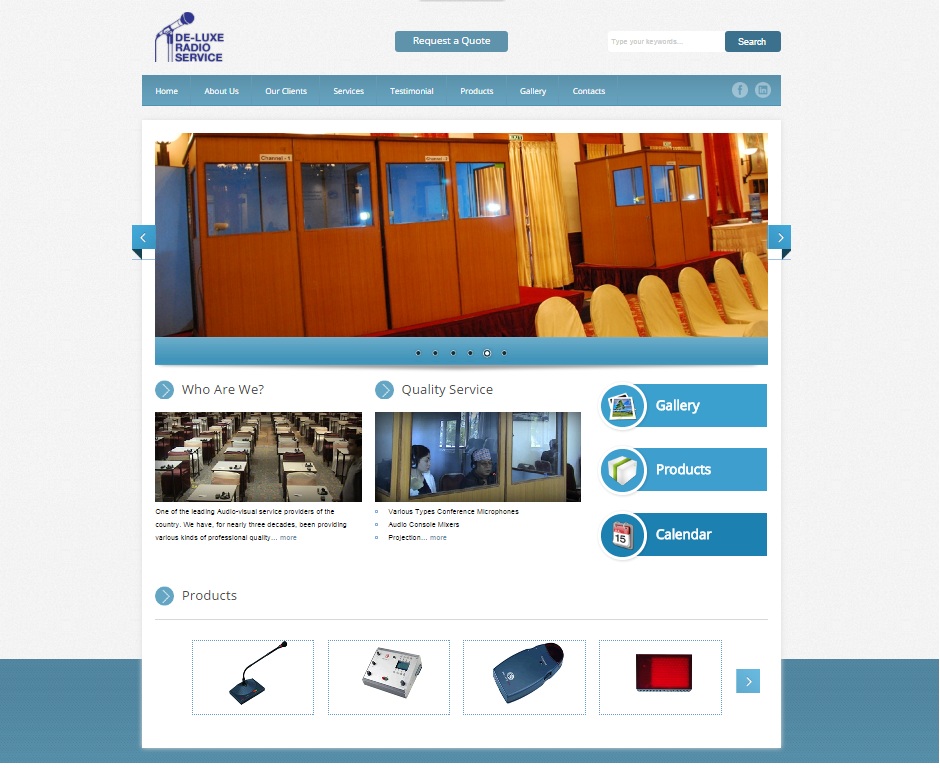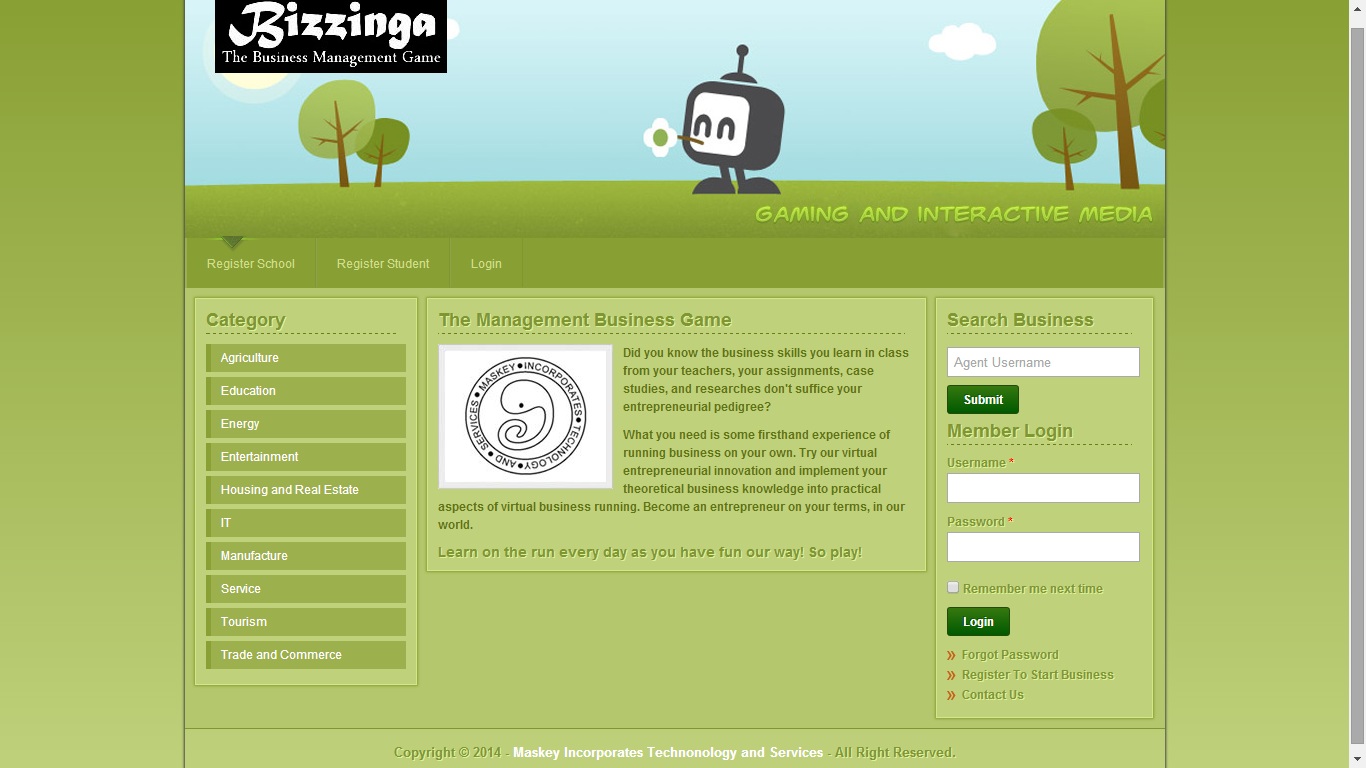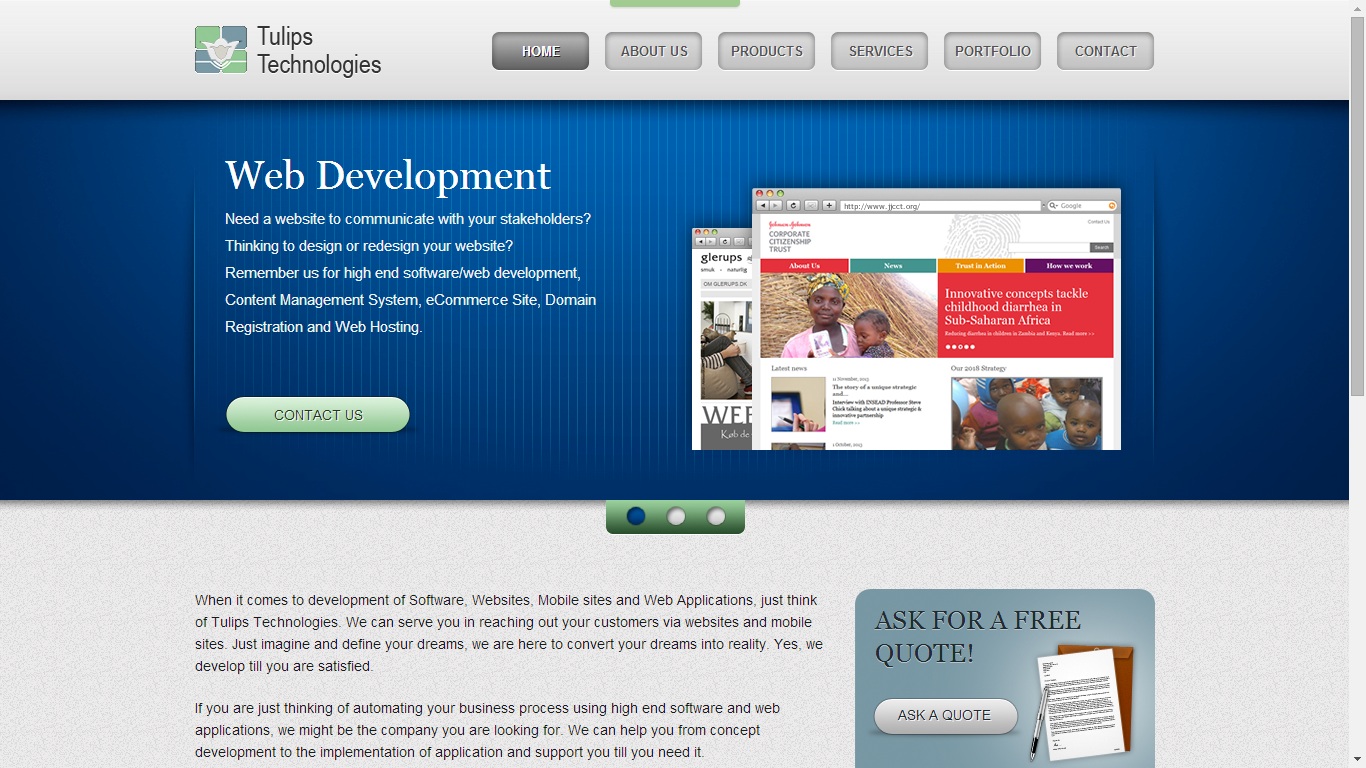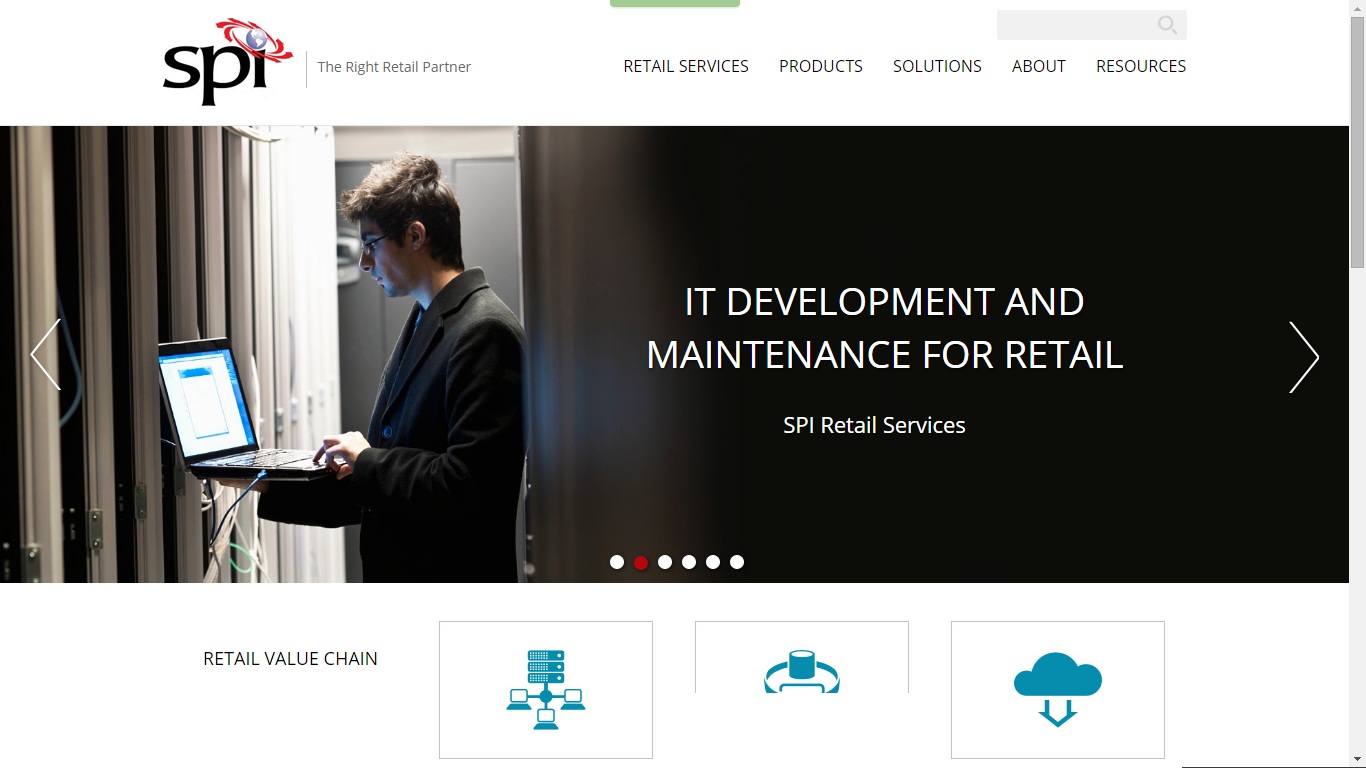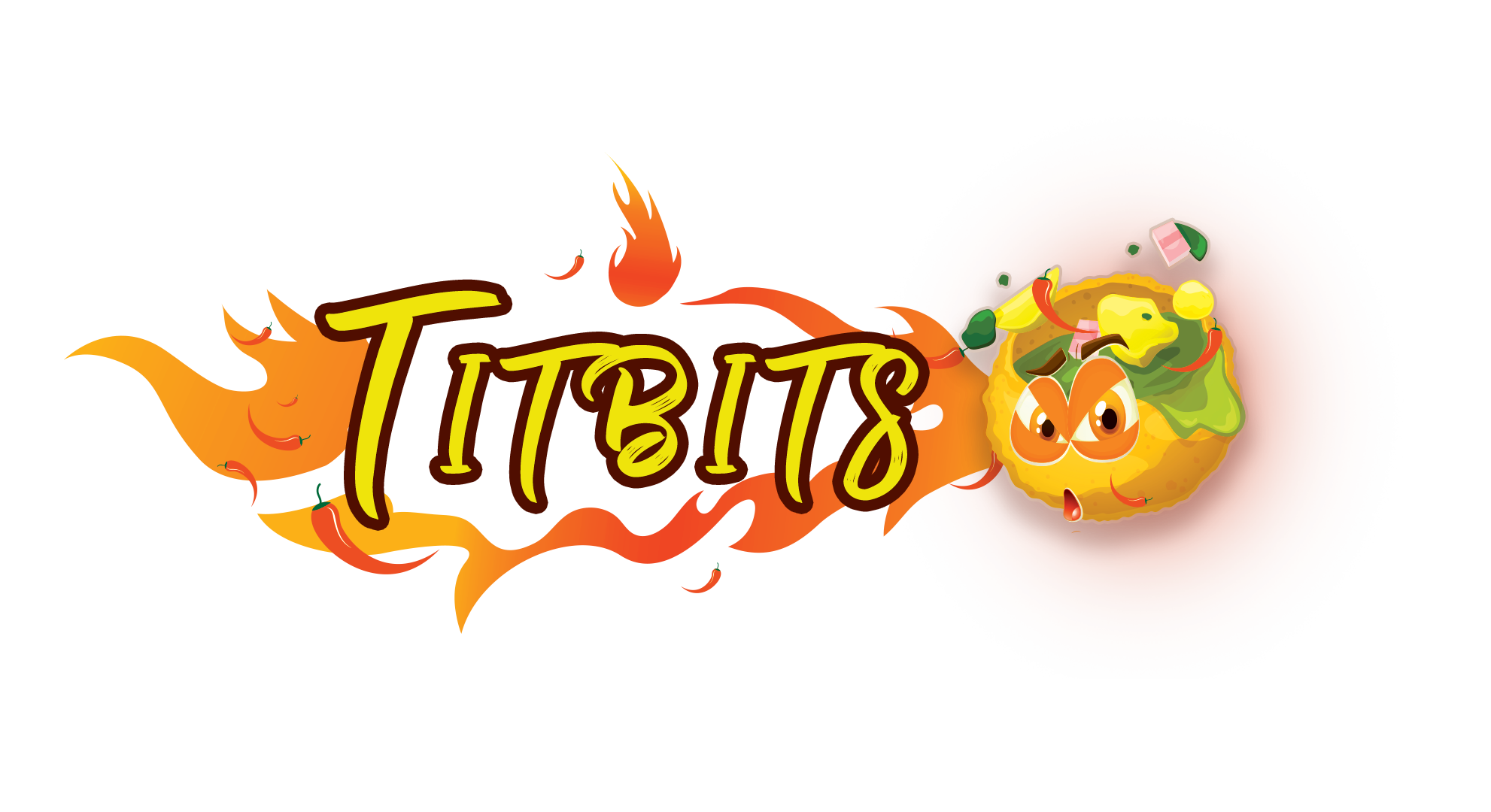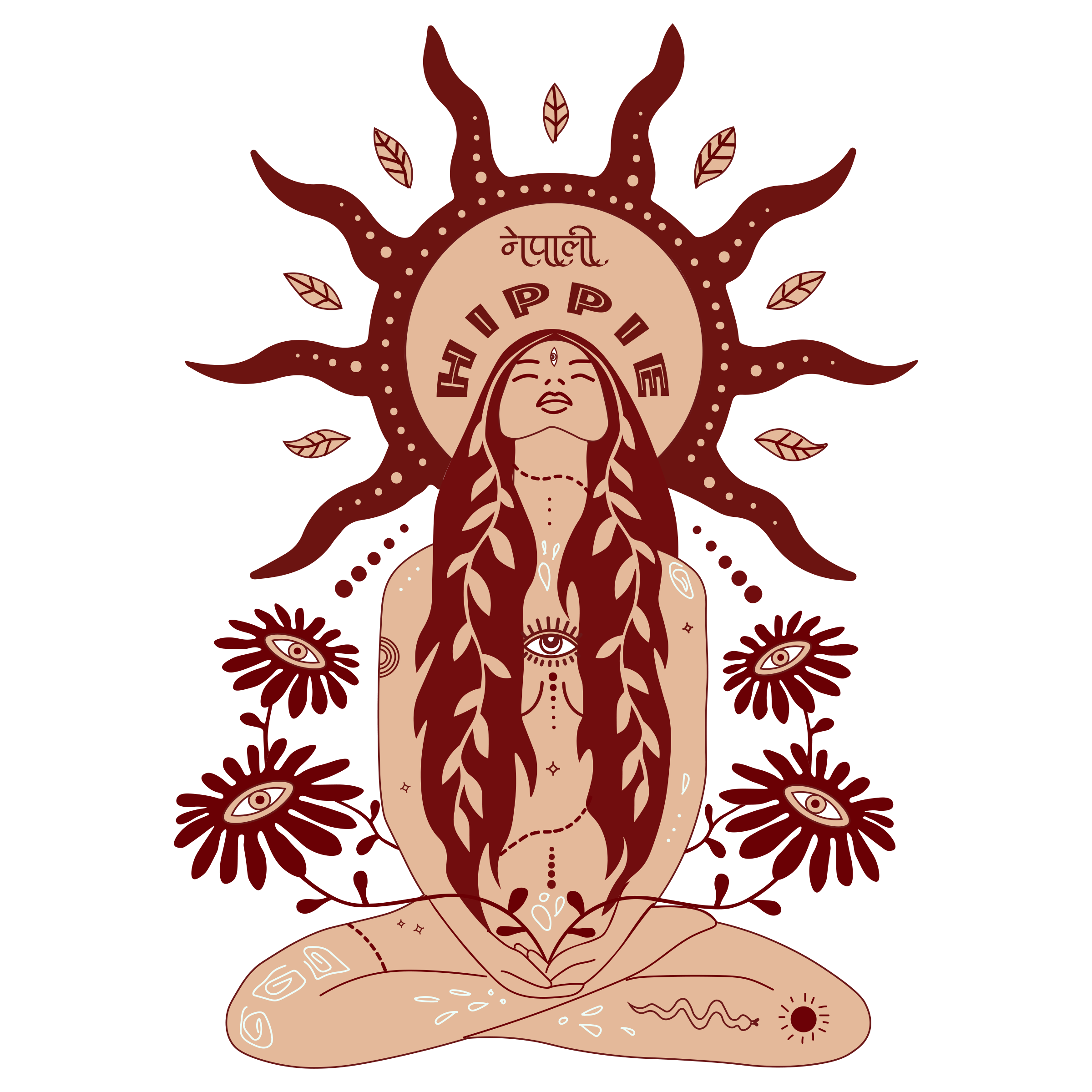-
Vacancy Announcement from Sunrise Bank Limited
Sunrise Bank Limited is a fast growing “A” Class Commercial Bank with diversification to various areas of functions and with rapid branch expansion target across the nation aims to increase the pace of quality growth. In this process t ...
Read More -
Vacancy notice from CDS and Clearing Limited, a wholly owned subsidiary company of Nepal Stock Exchange
CDS and Clearing Limited, a company established under the company act is a company promoted by Nepal Stock Exchange Limited (NEPSE) in 2010 to provide centralized depository, clearing and settlement services in Nepal. The main objective of the com ...
Read More -
Vacancy announcement from Civil Capital Market
Vacancy Announcement
Read More
Chief Executive Officer (CEO)
Civil Capital Market Limited (CCML), Head Office, Civil Trade Center Sundhara, Kathmandu, requests for expression (EOI) for the position of Chief Executive Officer (CEO)
CCML, ... -
Vacancy Announcement from Global IME Bank
Bank Overview
Read More
Global IME Bank Ltd. (GIBL) emerged after successful merger of Global Bank Ltd (an “A” class commercial bank), IME Financial Institution (a “C” class finance company) and Lord Buddha Finance Ltd. (a &ldqu ... -
Vacancy notice from Lumbini Bikas Bank Limited
Vacancy Announcement
Read More
Lumbini Bikas Bank Limited, a leading national level development bank invites application from highly motivated, dynamic and result oriented Nepalese Citizen for the follow ...
- ... Read More
-
I’ve spent almost 10 years interviewing thousands of candidates and developed a blue print for NAILING your next interview, follow these steps and you will dramatically increase your chances.
1. Know the position you are applying for ...
Read More -
Use these tips to write an effective resume that meets the employer's needs and gets you an interview.
Heading
- Type your name at the top in caps with large, bold type. Include your address, phone ...
-
Ever wondered why a Brit applies with a CV and an American with a resume? And why does an Aussie apply with both? There are a few differences between the two types of application documents and this article will straighten out your queries as well ...
Read More -
Wouldn’t it be great to know what answers the hiring manager is looking for? We asked, and they delivered.
By- Isabel Thottam
Being a mind reader would come in handy during the interview and make the whole getting-a-job thing ...
Read More

By Robert Herjavec
Shark on ABC's Shark Tank, Founder of Herjavec Group, Bestselling Author, Race Car Driver
I often say that I’m successful now because I’ve made every mistake in the book. The key is I’ve learned from those mistakes and it’s rare — if ever — that I make the same one twice.
The same applies to how I hire.
I’ve hired for the person, for the job, as a favour — I’ve done it all — but I can tell you that at the end of the day, it’s a balancing act to ensure you get the right mix of passion, drive, expertise, talent, and teamwork that will help your corporate environment flourish.
At Herjavec Group, we offer a highly driven and motivated environment. Our sales team is focused on achieving their target while delivering outstanding customer service and our technical team is pressured to continue to push beyond our customer expectations in order to deliver a world class managed services offering.
In order to be part of the team you’ve got to be a self-starter, an independent thinker, someone who is comfortable digging in and getting your hands dirty, and ideally, a strong leader… someone capable of clearly communicating your vision to your teammates.
We have a lot of “Type As” within the team so you’ve got to be able to hold your own and voice your opinion for what you believe is right.
What I often find, is that we know whether a person is going to be with us in the long term or not after the first 2-3 months. The first 90 days is when you’re feeling overwhelmed, unsure and at times, in over your head. We operate in a fast-paced environment, and I acknowledge it’s not for everyone.
The trick is – how do you identify those long-lasting team members? Everyone always says they are motivated in an interview. Everyone is comfortable to put in the hours, do whatever it takes to succeed… we hear it all the time. How do you separate the top performers from those who simply have strong interview skills?
One of the things I like to do is get to the core of someone’s skill set. For example, if I’m interviewing for a sales role, I ask about the individual’s primary motivators. Then I let them know there is an opening in our marketing team and ask if they would be interested in learning more. To me, someone in sales needs to be laser focused on achieving their target and driving for that number. It’s not the same person that I would hire to work on our marketing or communications team. If you waver in your approach and express interest in the second role, you’re not the person for my team.
I tend to ask direct questions in my interviews. For example — why should I hire you? Tell me your perspective on our brand? What’s your take on the latest industry breach or happening?
I want to know that the candidates I’m meeting are well-researched, considerate in their responses and able to adapt to tough questions. If they can’t handle a conversation with me, I’m not confident to have them engage with our valued customers.
Lastly, I like to have multiple members of our executive team meet someone before we bring them on board. It’s important to get feedback from different people with unique backgrounds across our management team. That way, we are all invested in the hire and can share our points of view when making the decision to bring someone on.
I agree with Steve Jobs who once said, “Recruiting is hard. It's just finding the needles in the haystack. You can't know enough in a one-hour interview. So, in the end, it's ultimately based on your gut.” When I hire, it comes down to to my gut reaction. The individual had the qualifications to get in the door, but do they make a lasting impression? Do they know their stuff? Are they eager to keep learning? Will they fit in — and if not, is that a good thing?
Each hire is different but can influence the team so greatly that it’s important to take the time to get it right. Listen to your gut, be consistent in your interview approach so you can compare the candidates and seek the trusted advice of your colleagues to support the decision in the end.
Back To List
